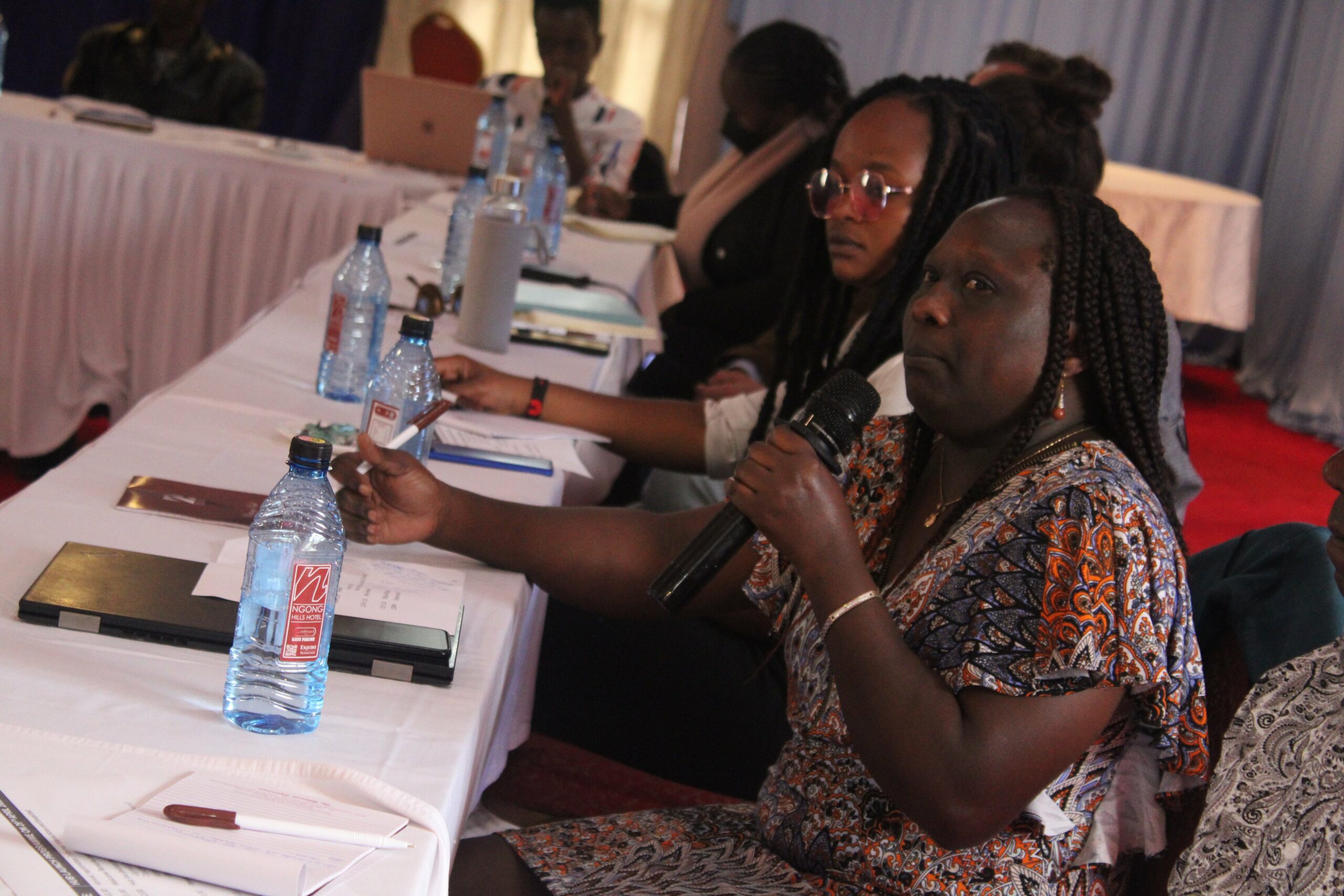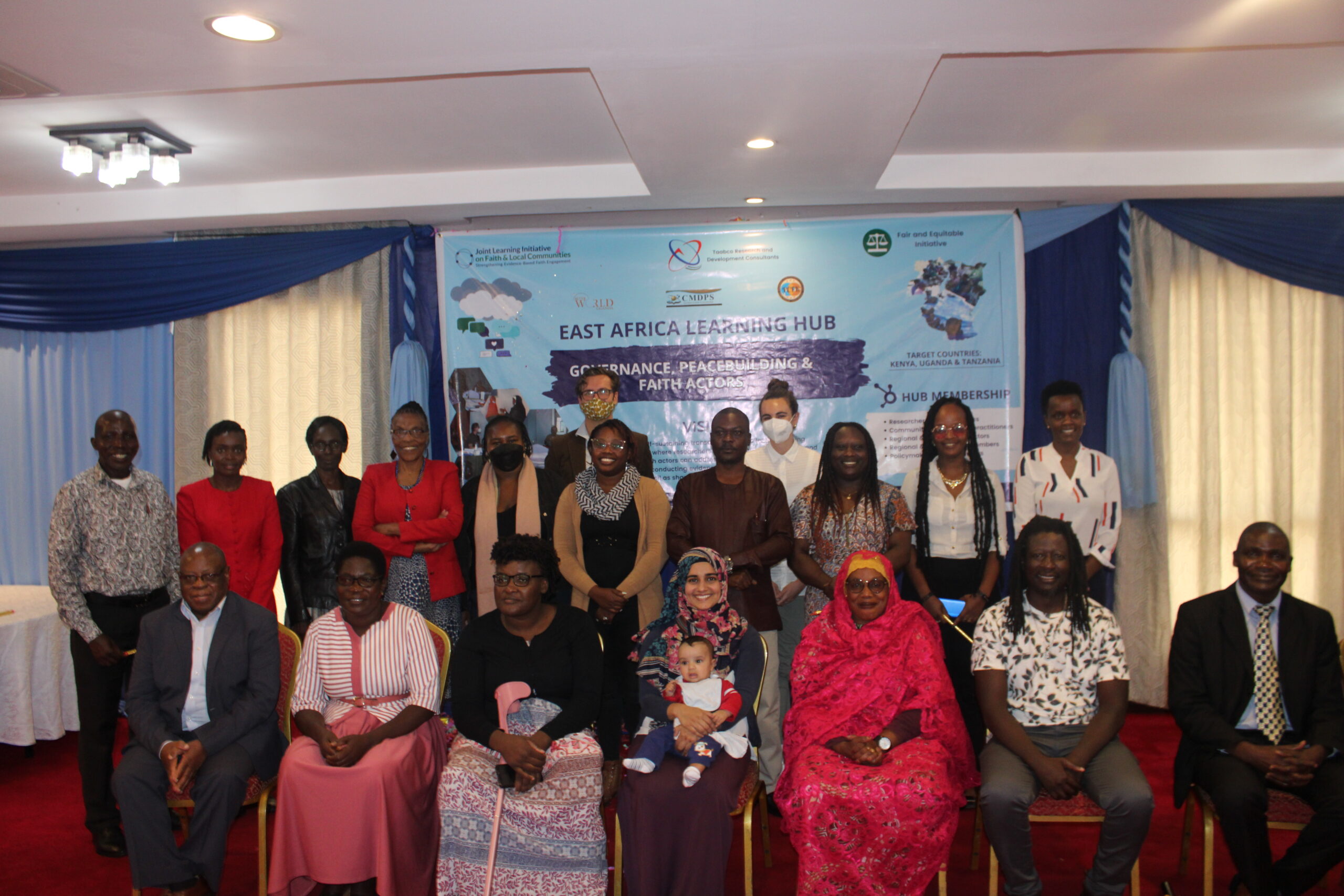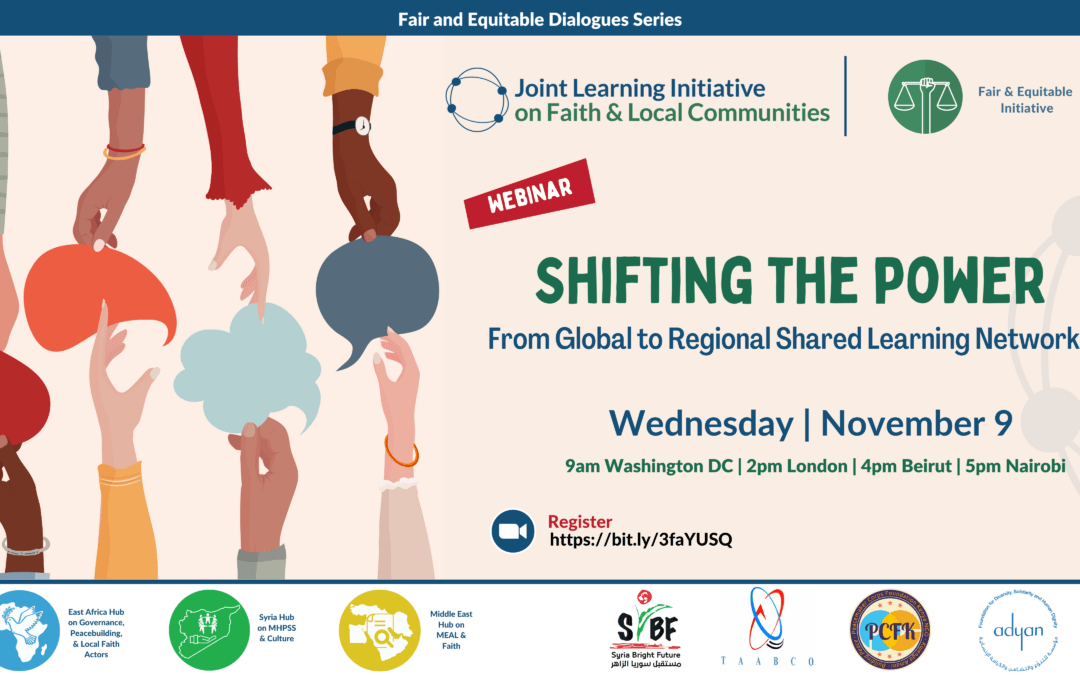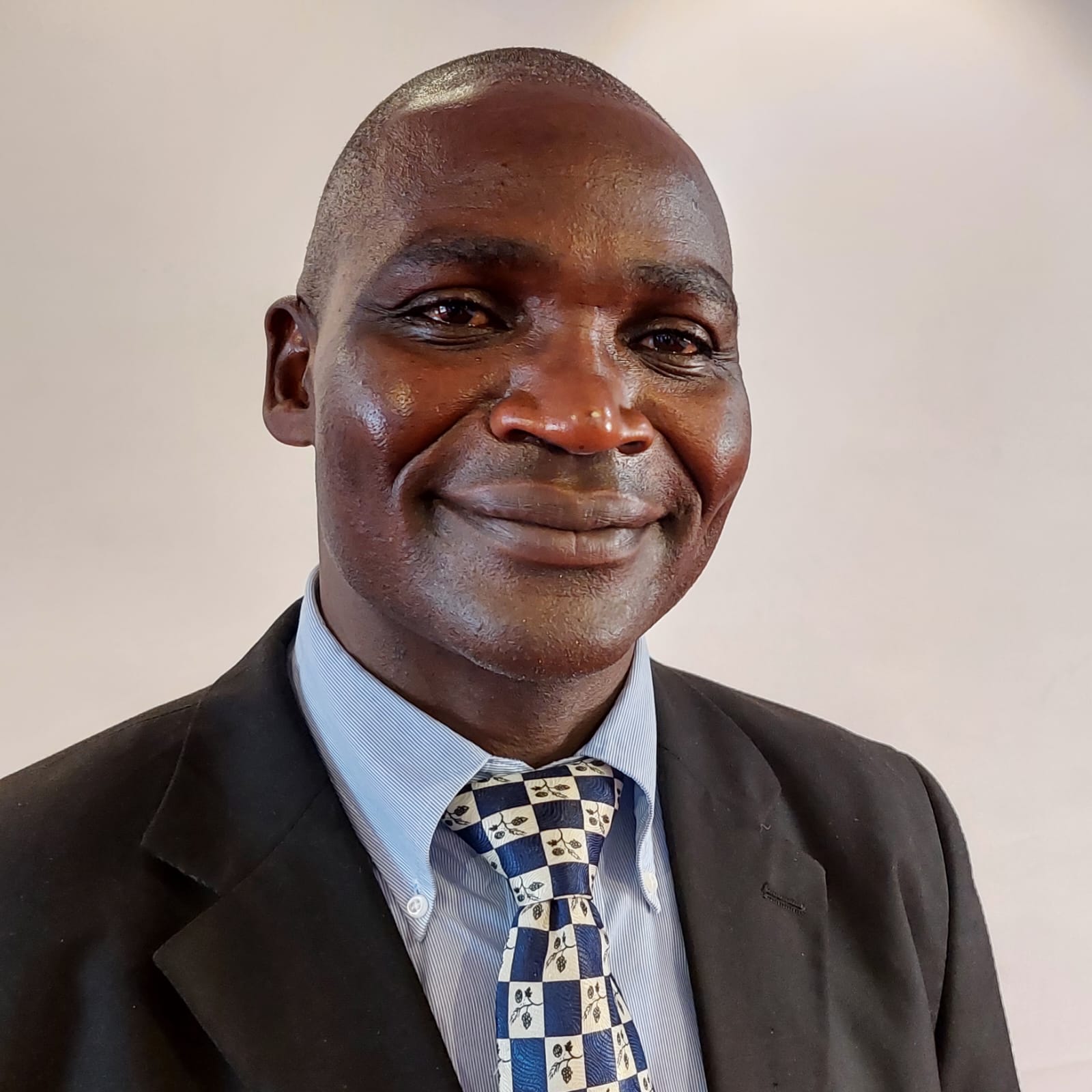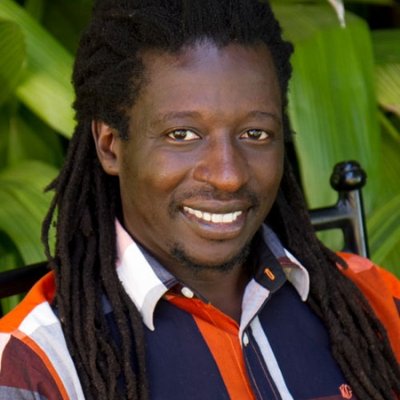The role of faith actors in post-election reconciliation in Kenya: lessons from the East Africa Hub webinar
Alvin Andanje
JLI FPCC Coordinator, Africa Region
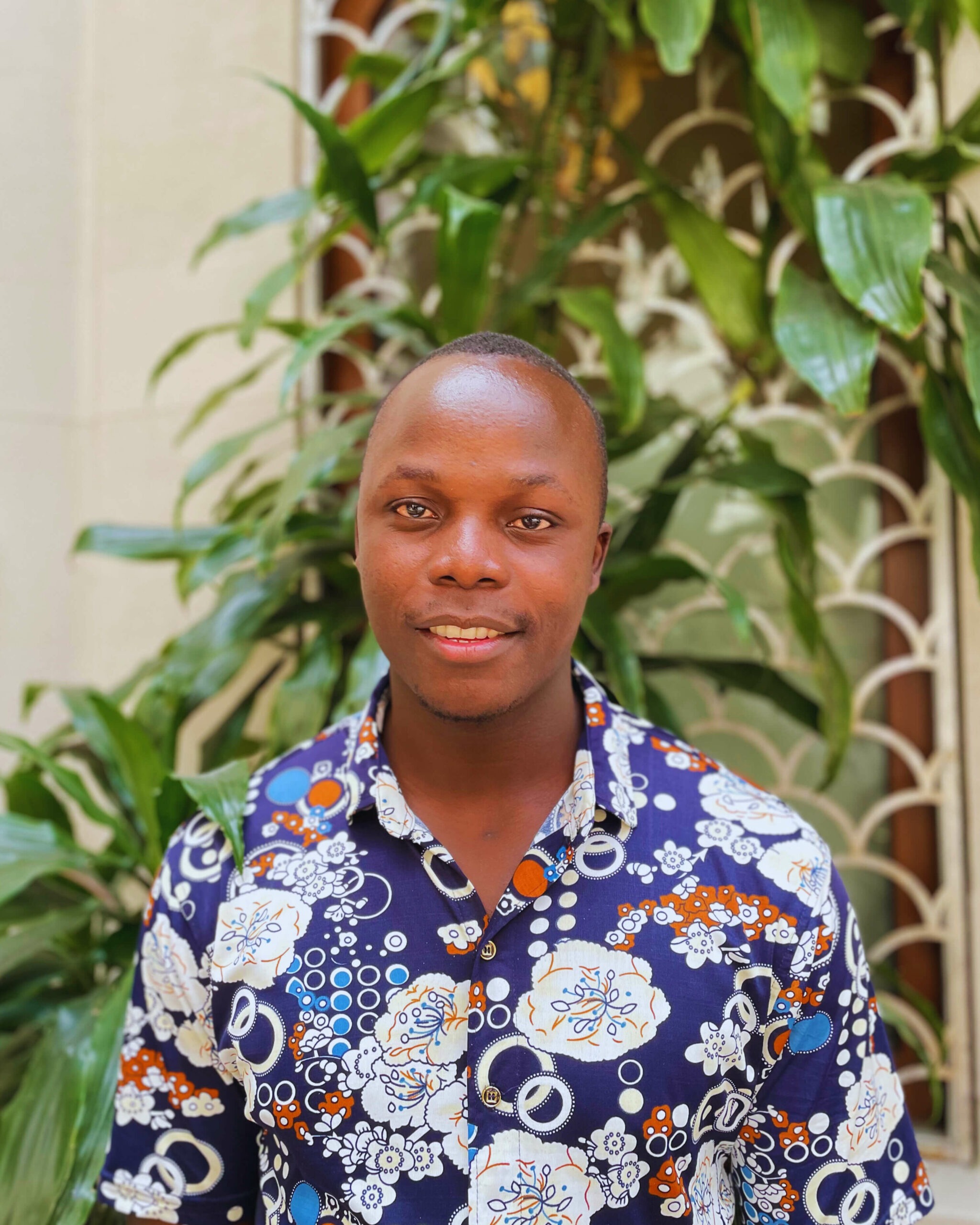
This article summarises the discussions from a recent JLI East Africa Hub meeting, entitled “What role do religious communities play in post-election reconciliation? Lessons and stories from Kenya”
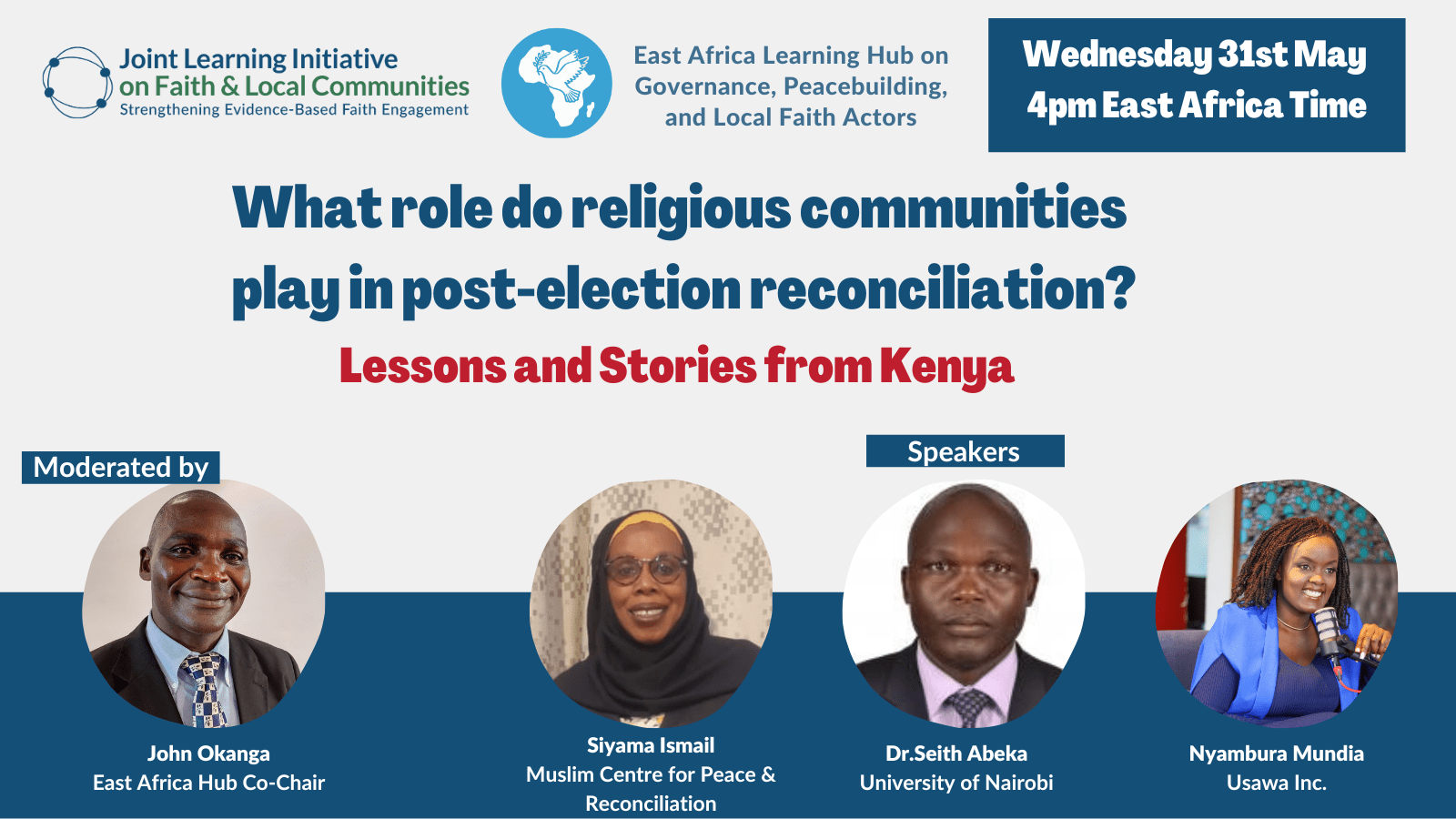
It was a pleasure to have participated in a recent webinar organised by the JLI East Africa Hub on governance, peacebuilding and faith actors for two main reasons. First, the topic of discussion “What role do religious communities play in post-election reconciliation: Lessons from Kenya” was an enriching and relevant area of interest considering I engage a lot with faith actors. Secondly, the panelists were a mix of widely experienced individuals who proved to be resourceful to the discussion. Among the panelists, there was Dr Seth Abeka from the University of Nairobi, Ms. Nyambura Mundia from the USAWA network and Ms. Siyama Ismail from the Muslim Centre for Peace and Reconciliation based in Kibera, Nairobi, Kenya.
I’m more enlightened on a number of issues addressed by the webinar beginning with the successes of faith actors in post-election reconciliation in Kenya. Like most African countries, Kenya has had volatile elections periods that have resulted in post-election clashes as witnessed in 2007/2008 where over 1000 people lost their lives.
Faith actors therefore continue to play an integral role in post-election reconciliation in Kenya.
Specifically, their involvement in long term peace building, civic education and political mediation processes were cited as some of the crucial ways through which faith actors have contributed to post election reconciliation. As one panelist observed; “Religious leaders have tried to focus on long term peacebuilding to ensure that the same is sustained during heated election periods. We have seen interfaith dialogues begin to inform livelihood programmes as part of peacebuilding in perceived hot spots such as Mpeketoni at the coast where religious leaders have been included in identifying the drivers of violence. For example the Franciscan Friars in Mpeketoni have a programme that allows people to tackle economic deprivation by either introducing things like agriculture, within other mechanisms like interfaith dialogue, ensuring that they tackle underlying issues while holding peace dialogues. Additionally, we continue to see consistent participation of religious leaders in critical conflict resolution and reconciliation processes such as the Truth, Justice and Reconciliation Commission.”
Religious leaders have been included in identifying the drivers of violence. For example the Franciscan Friars in Mpeketoni have a programme that allows people to tackle economic deprivation
However, there have been a couple of misses or rather concerning aspects about the potential of faith actors to effectively play their role in reconciliation which has led to being praised and blamed in equal measure.
Top on the list is the increasing tendency of faith actors taking sides in a political duel. This then makes it difficult for faith actors to take up mediation roles when need arises, as observed by one webinar participant, “Faith actors are existing in environments which are currently polluted with misinformation due to advances in technology. This has then compelled religious actors to cope with the reality that surrounds them. This polluted environment has created a legitimacy deficit and trust deficit. People no longer trust faith actors themselves and we are therefore sometimes seeing religious actors trying to redeem themselves and reclaim the moral watchdog role; albeit the difficulties brought about by this polluted environment. This erosion of spirituality sometimes arises in conflict amongst aspects of the society for instance the State vs Religion.”
Another panelist pointed out that sometimes religious leaders miss out by not preparing communities on possible outcomes of elections. “As religious leaders, we often wait until the worst comes to the worst before we intervene, and sometimes it is too late, especially when some of the religious leaders had already been involved in election campaigns”. The panelist further gave an account of recent violence in Kibera, Nairobi, where a section of a mosque in Kibera slums was burnt down in chaos with retaliatory attacks leaving a church also burnt in the area during the Muslim month of Ramadan in 2023. Faith leaders came together and held meetings afterwards to calm the situation down, but this could have been averted entirely through earlier preparation.
It was interesting to hear thoughts on why sometimes religious leaders are blamed for their role or lack of it in post-election reconciliation. One panelist observed that this could be due to religious leaders’ lack of capacity to offer direction on certain topics of concern. The community largely trusts religious leaders to voice direction during crises but this is complicated when they don’t have grasp of issues at hand. Capacity building and dialogue promotion on such critical topics like economy, governance and many more could help alleviate this. Another panelist opined that this can be alleviated if we establish measures to hold religious leaders or religious communities to account. “If religious leaders are not up to the threshold of advancing cohesion or justice, we should have a means of taking care of that and not just leave it to arbitration.”
The community largely trusts religious leaders to voice direction during crises but this is complicated when they don’t have grasp of issues at hand.
It was therefore evident that there is a need for conversations between faith actors, civil society, governments, and other stakeholders on how to handle the ever changing and chaotic information field with respect to enhancing peacebuilding and governance in Kenya and the region in general. Some suggested notable role models over time that we can always learn from them included the likes of Desmond Tutu, Mahatma Gandhi, Martin Luther King Jr. Equally, it was suggested that efforts should be made to acknowledge faith actors at the grassroots level who are continuously engaged in interfaith peacebuilding but often go unnoticed.
I’m thankful for the participants, the hub Co-chairs Mr John Okanga and Prof Fredrick Ogenga, and the Joint Learning Initiative through its Fair and Equitable Approach that continues to enhance and harness local voices and evidence generation on peacebuilding, governance and faith actors in the region.


